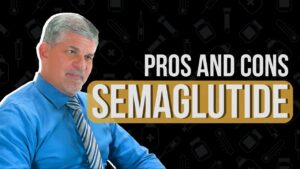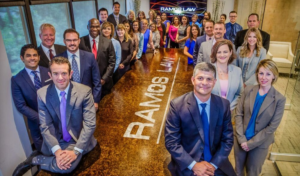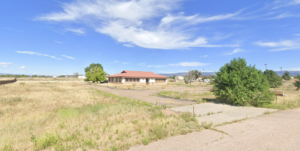Ramos Law Blog
Ramos Law Blog by Dr. Joseph Ramos, the Ramos Law Team & Expert Guest Writers
Practice Areas

Pros and Cons of Online Court Appearances with Ramos Law
Ever wondered how the legal world is adapting to the digital age? In this House of Law episode, Attorney Russell Araya of Ramos Law delves

Why Colorado’s Struggle with Skyrocketing Auto Insurance Premiums
In Colorado, residents face sharp increases in car and auto insurance premiums, ranking the state as the 11th most expensive for vehicle coverage. Average annual

Maximizing Auto Insurance Coverage with Russell Araya of Ramos Law
In this episode of Let’s Talk Insurance, Ramos Law Attorney Russell Araya discusses the importance of evaluating your auto insurance coverage. What is the state minimum insurance requirement, and how much coverage should I have in case of unexpected circumstances?
Doc's Corner

Navigating Outrageous Medical Bills and Why You Need Legal Support
The video “Navigating Outrageous Medical Bills: Why You Need Legal Support” addresses the daunting issue of exorbitant medical bills and their significant impact on patients’

Semaglutide Explained: Weight Loss Benefits, Risks, and How It Works
Are you considering medication to support your weight loss journey? In my latest video, Dr. Joseph Ramos discuss Semaglutide – a new option that’s getting

Investigation into Fatal Airbus EC130 Helicopter Crash in San Bernardino
Friday February 9th at 10:08 P.M in San Bernardino County an Airbus EC130 helicopter crashed in adverse winter weather conditions with fatal results.
Community Service

Ramos Law and Local Volunteers Help Donate 100 Thanksgiving Meals to Golden Residents on Dignity Tuesday
On Tuesday, November 22nd, Ramos Law attended and sponsored Dignity Tuesday, the second annual giving event hosted by 96.9 the Cloud aimed at helping those

Wrongful death lawsuit filed against Northglenn assisted living facility, 2 employees
Lawsuit claims woman fell after being left unattended in the shower DENVER — The family of a woman who died while being cared for at

Junior Achievement
Dr. Jim Hoven to be Guest Speaker for Junior Achievement’s Career Speaking Series Dr. Jim Hoven is the Director of Operations at Ramos Law. Dr.
In The News

House Bill-1014(HB24-1014) would strengthen Colorado’s Consumer Protection Act
Matt Osborne, JD DIRECTOR OF CONSUMER LAW Read More Understanding Fiscal Notes: Before diving into the specifics, let’s take a quick detour to understand fiscal

Alaska Airlines Flight 1282 Timeline – Full Story
Alaska Airlines Flight 1282: UPDATED 02/06/2024 The National Transportation Safety Board (NTSB) released its preliminary findings on February 6 regarding the Alaska Airlines Flight 1282

The Complete Story: The Return to Nature Funeral Home
Funeral Home Update with Dr Ramos on LiveNOW https://www.ramoslaw.com/wp-content/uploads/2023/12/Fox-Now-Dr-Ramos-Interview-48mb.mp4 Dr. Ramos shared insights on the recent developments in the Colorado funeral home case on LiveNOW
Medical and Data Science

Alzheimer’s Alert: The Chilling Discovery of Disease Transmission Through Historical Medication
Alzheimer’s disease, a debilitating neurodegenerative condition, tragically robs individuals of their memories and cognitive functions. Typically associated with genetic factors or aging, its precise cause remains a mystery in many cases. Understanding Alzheimer’s is crucial, as it’s a leading cause of dementia worldwide, impacting millions of families.